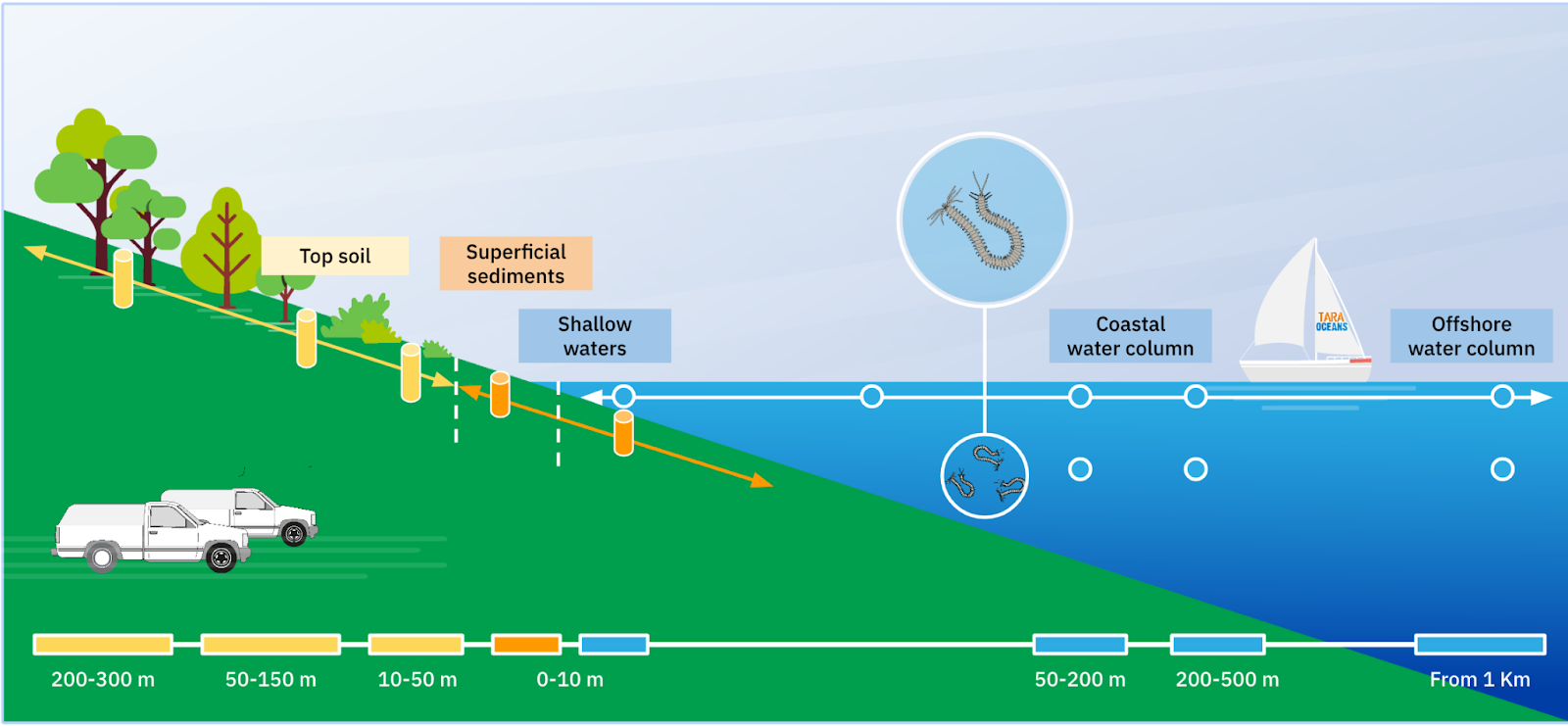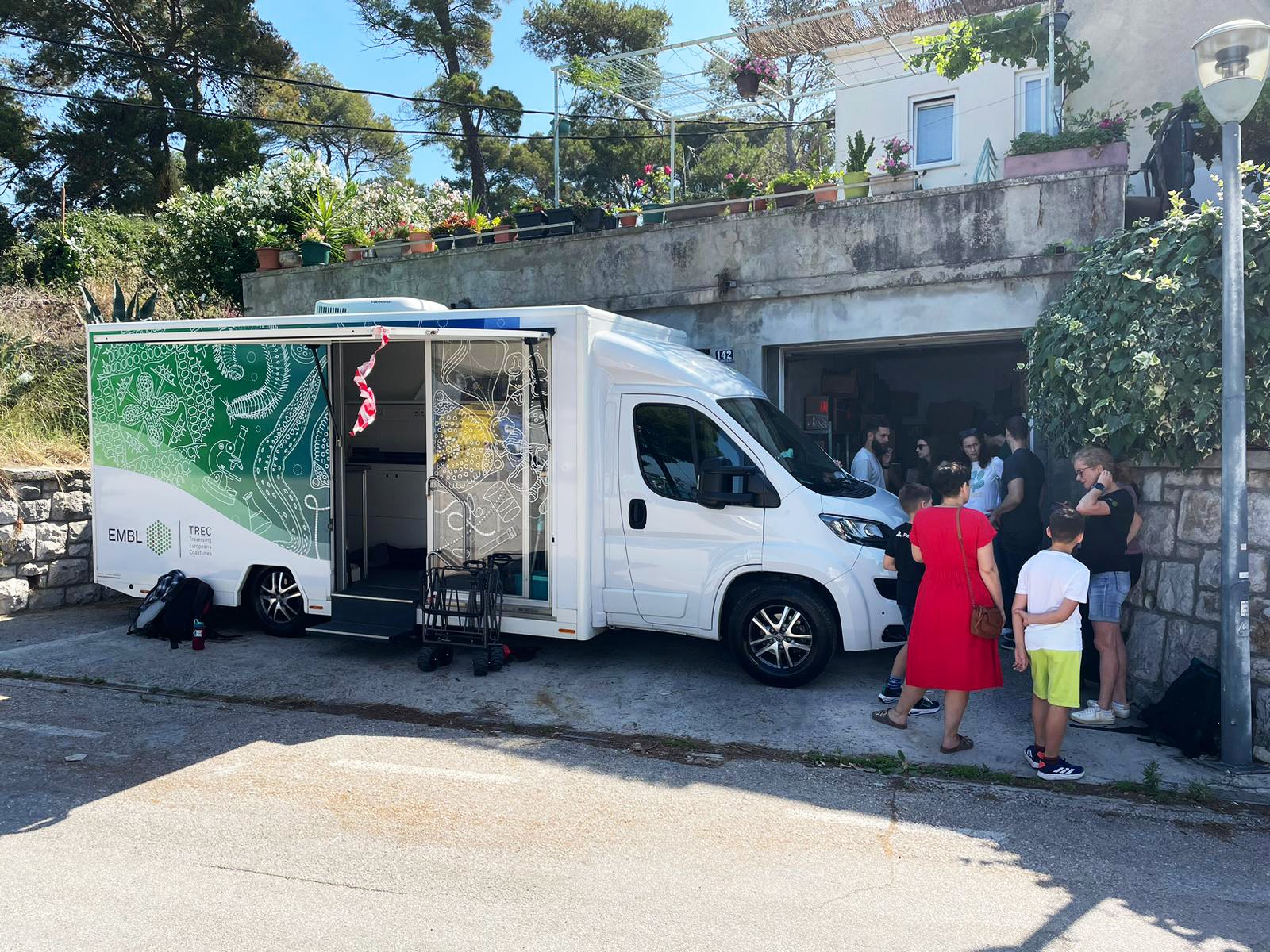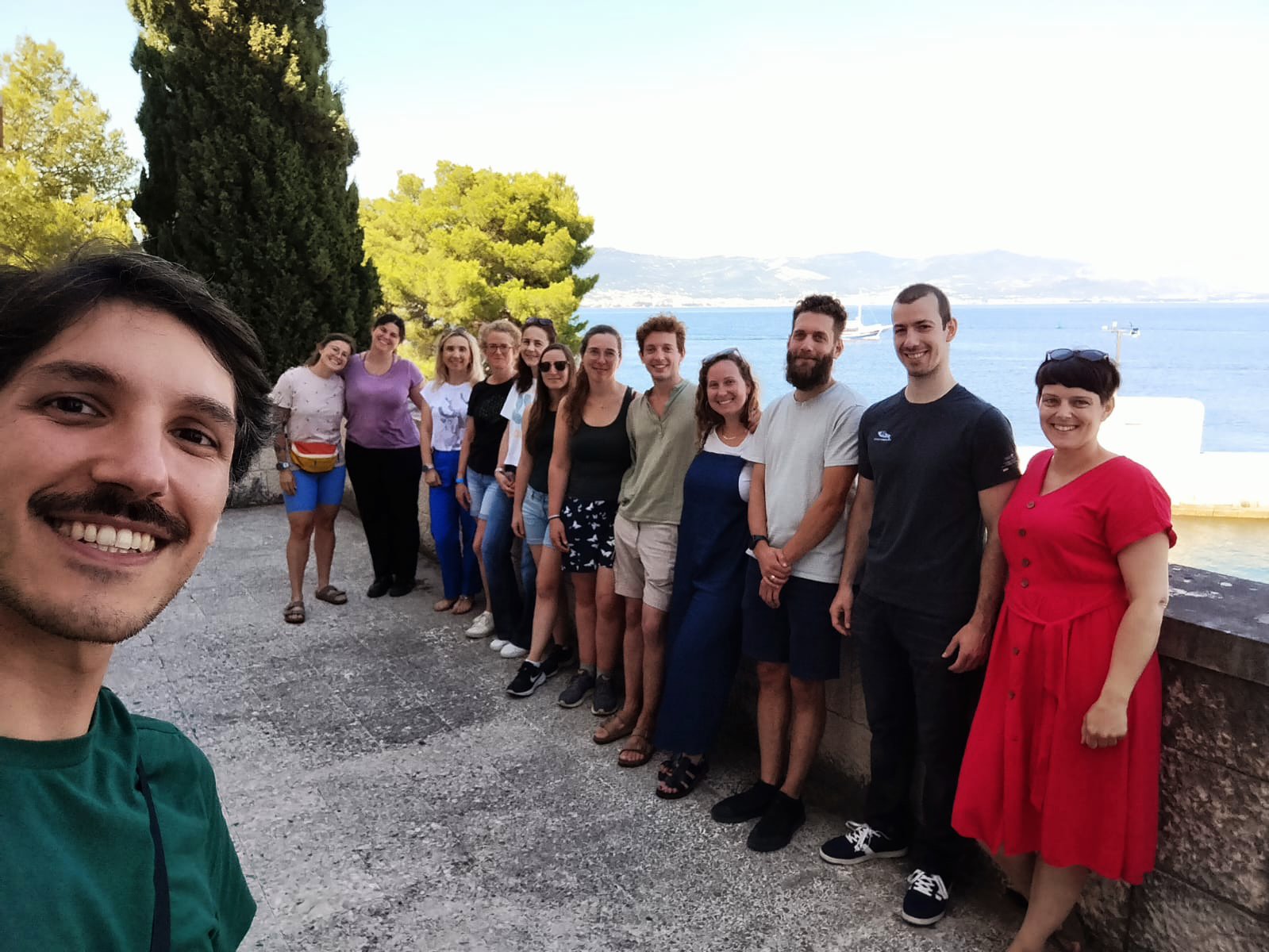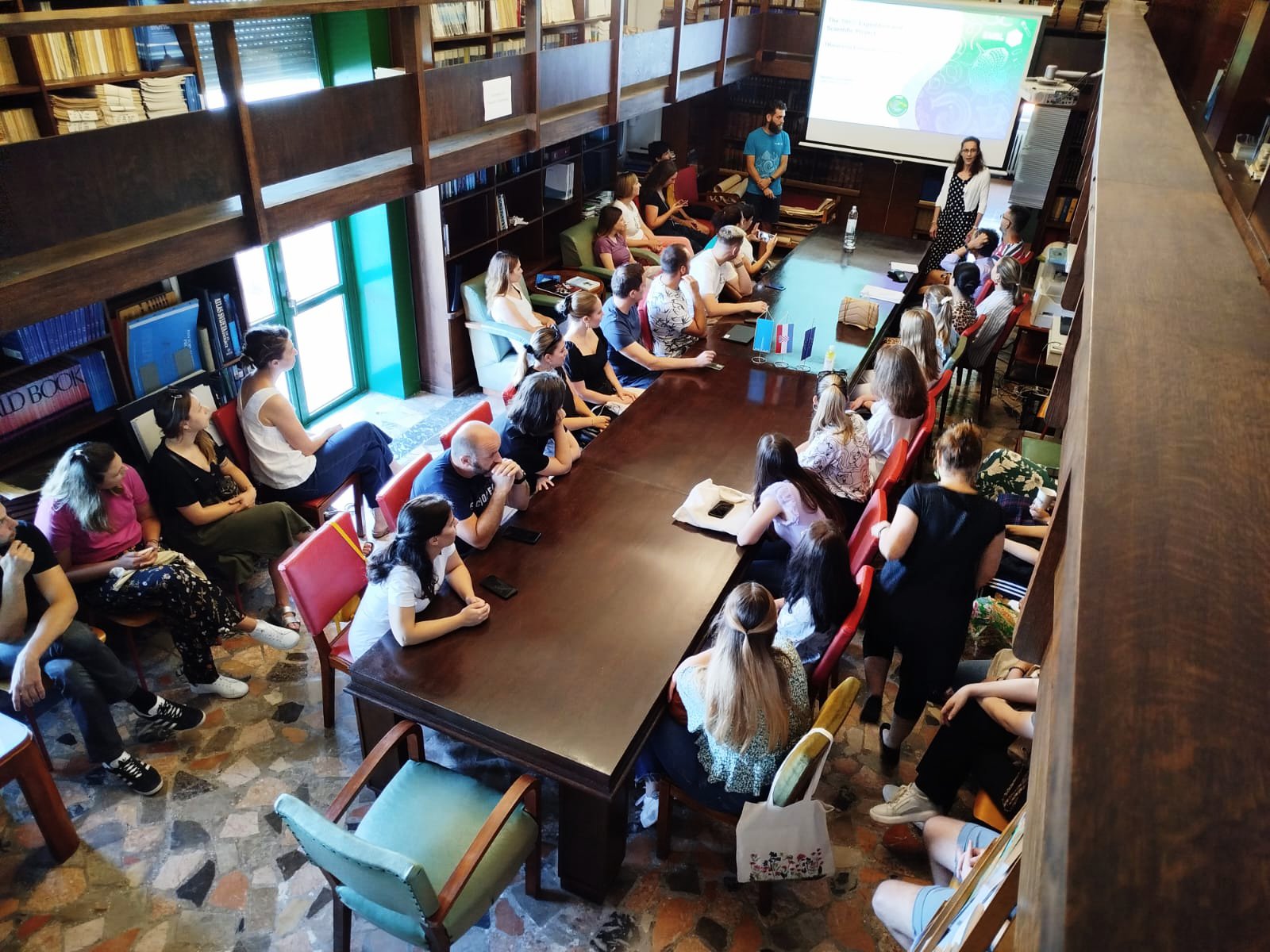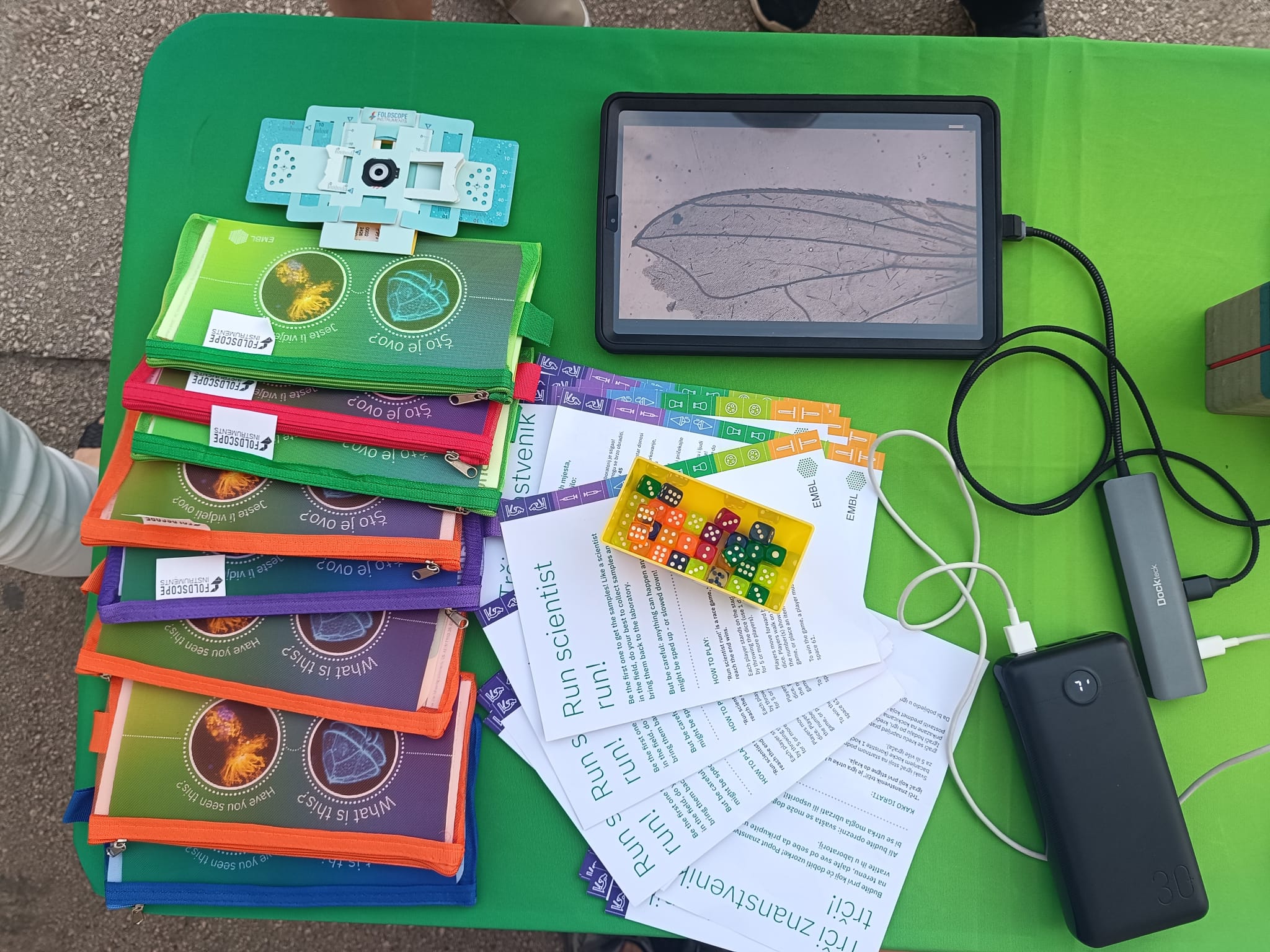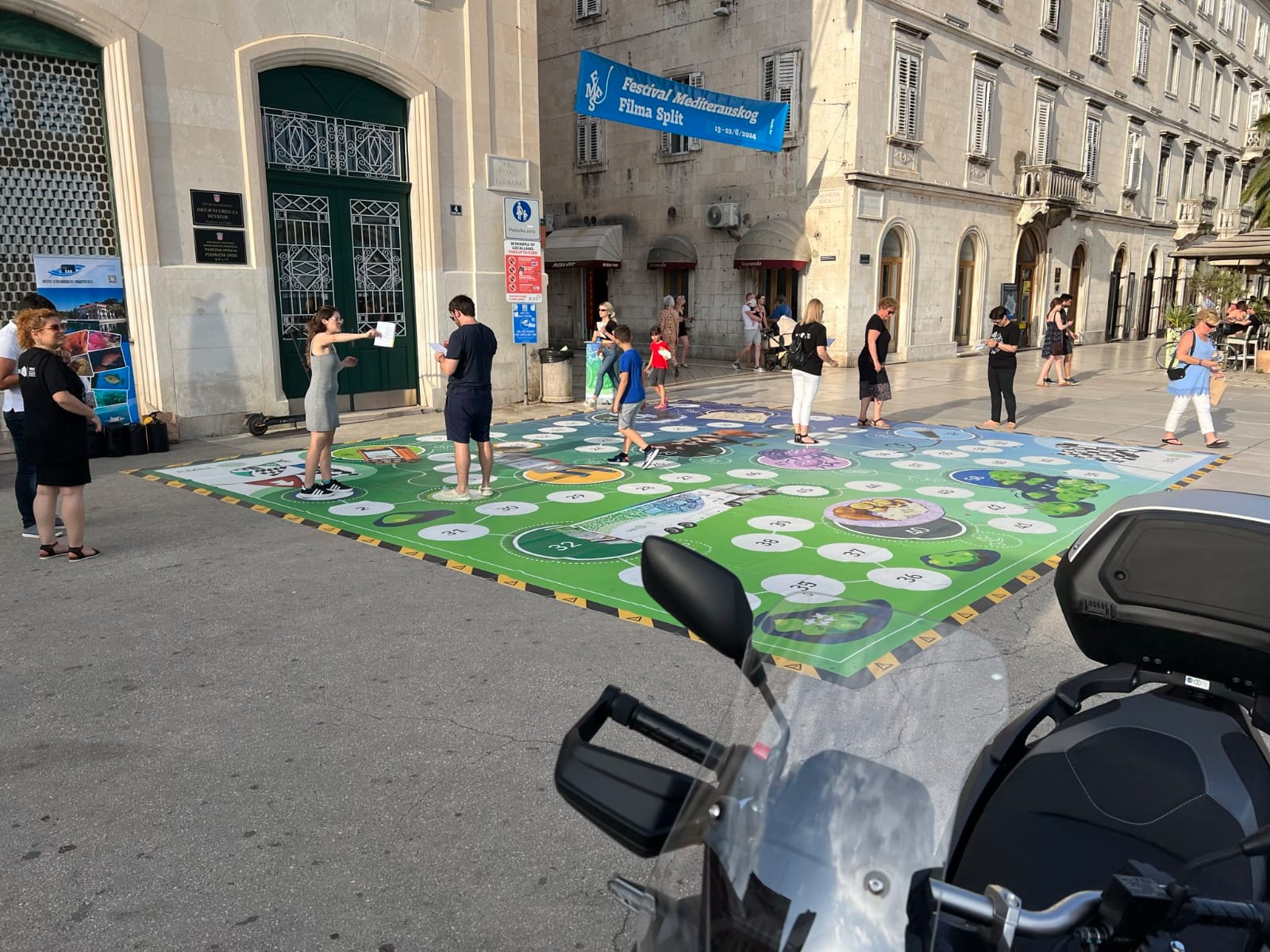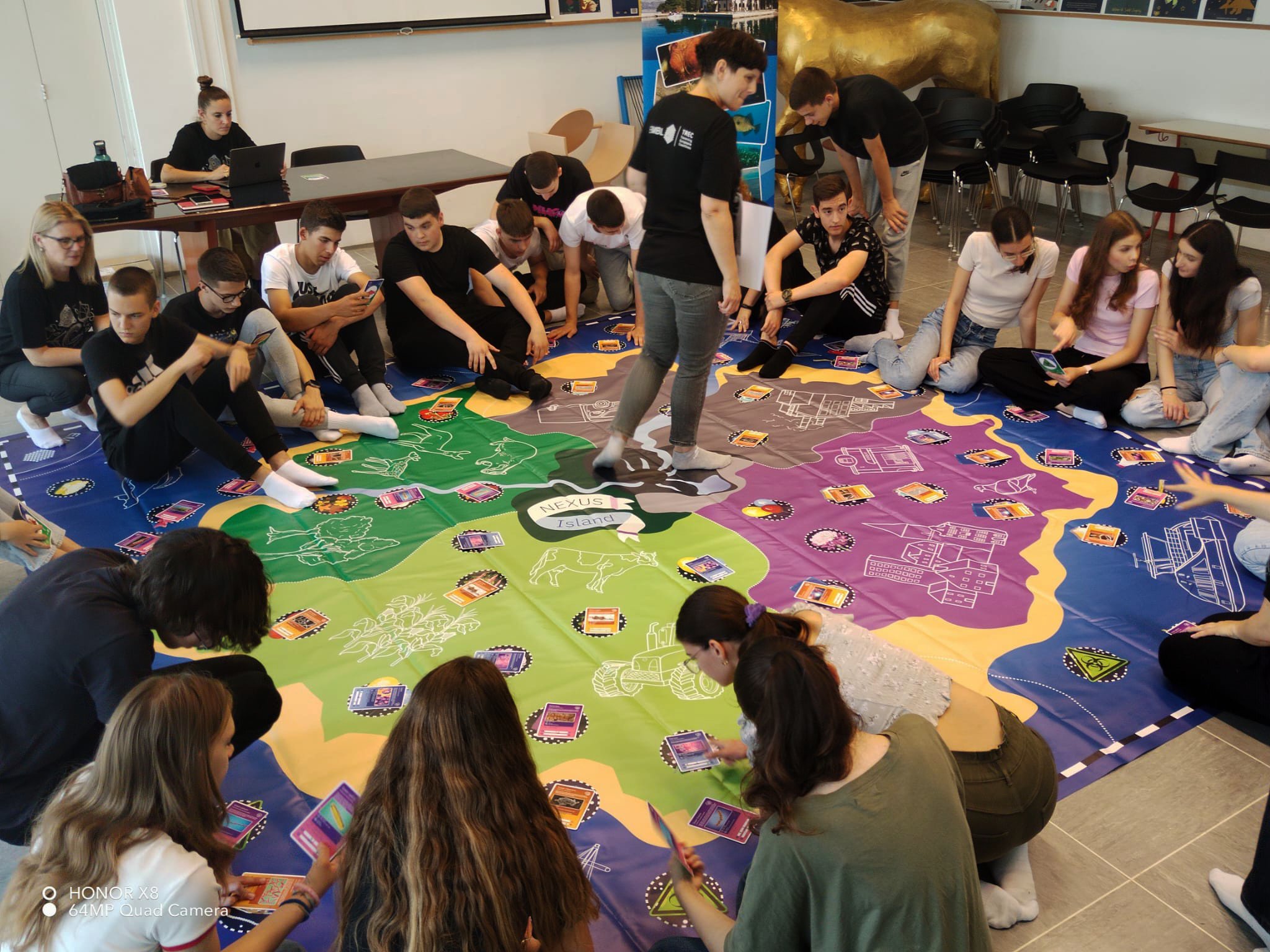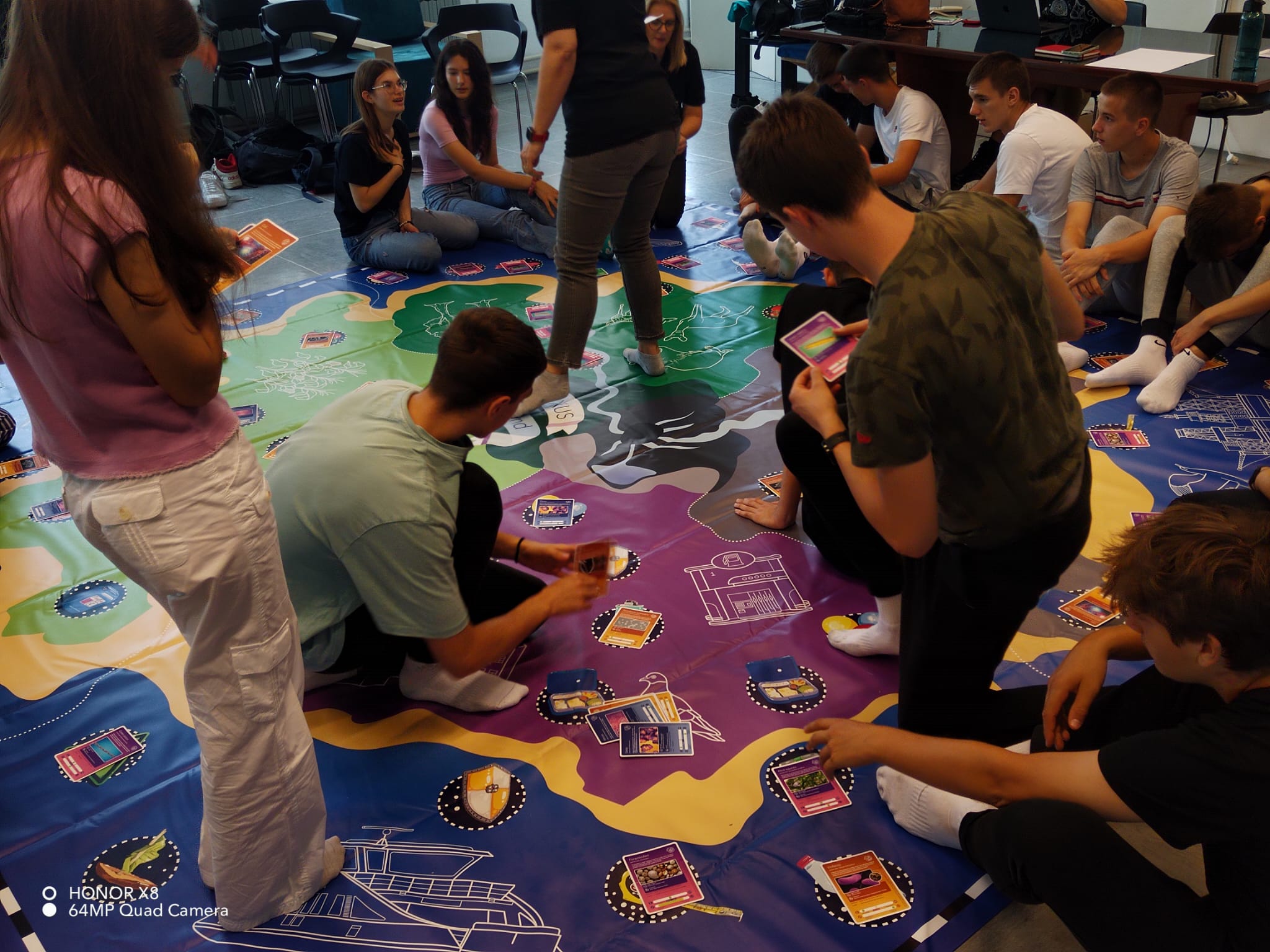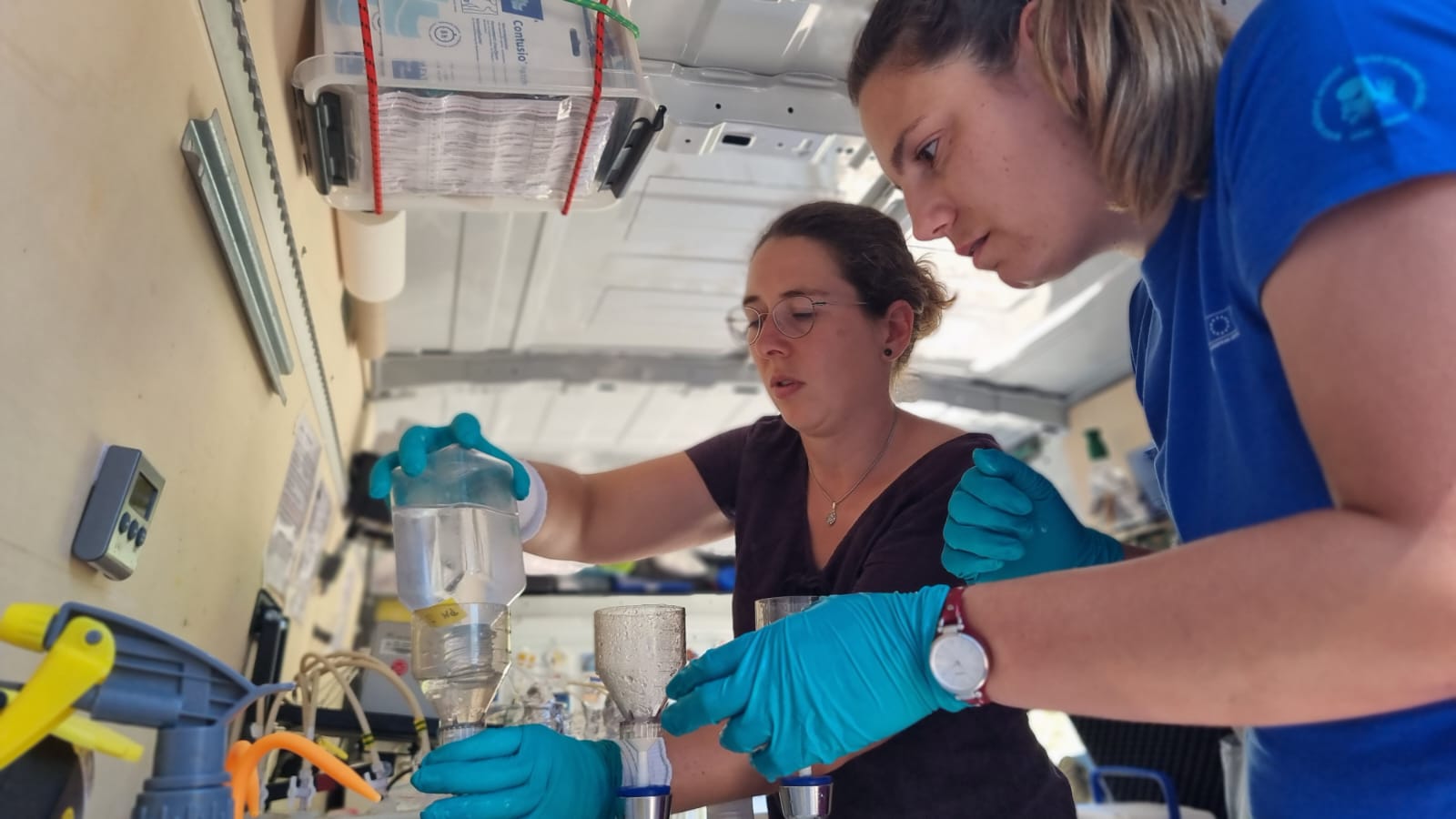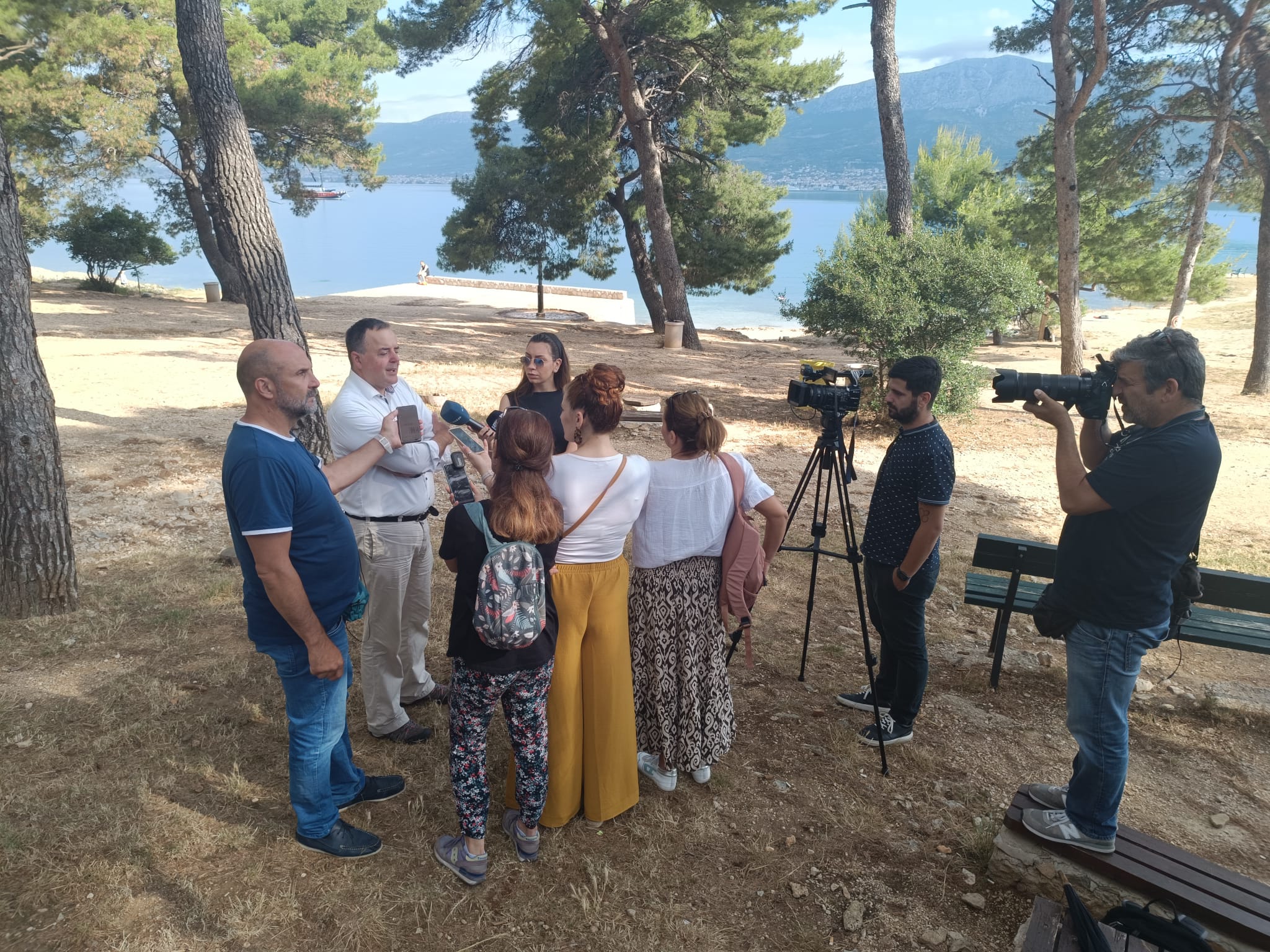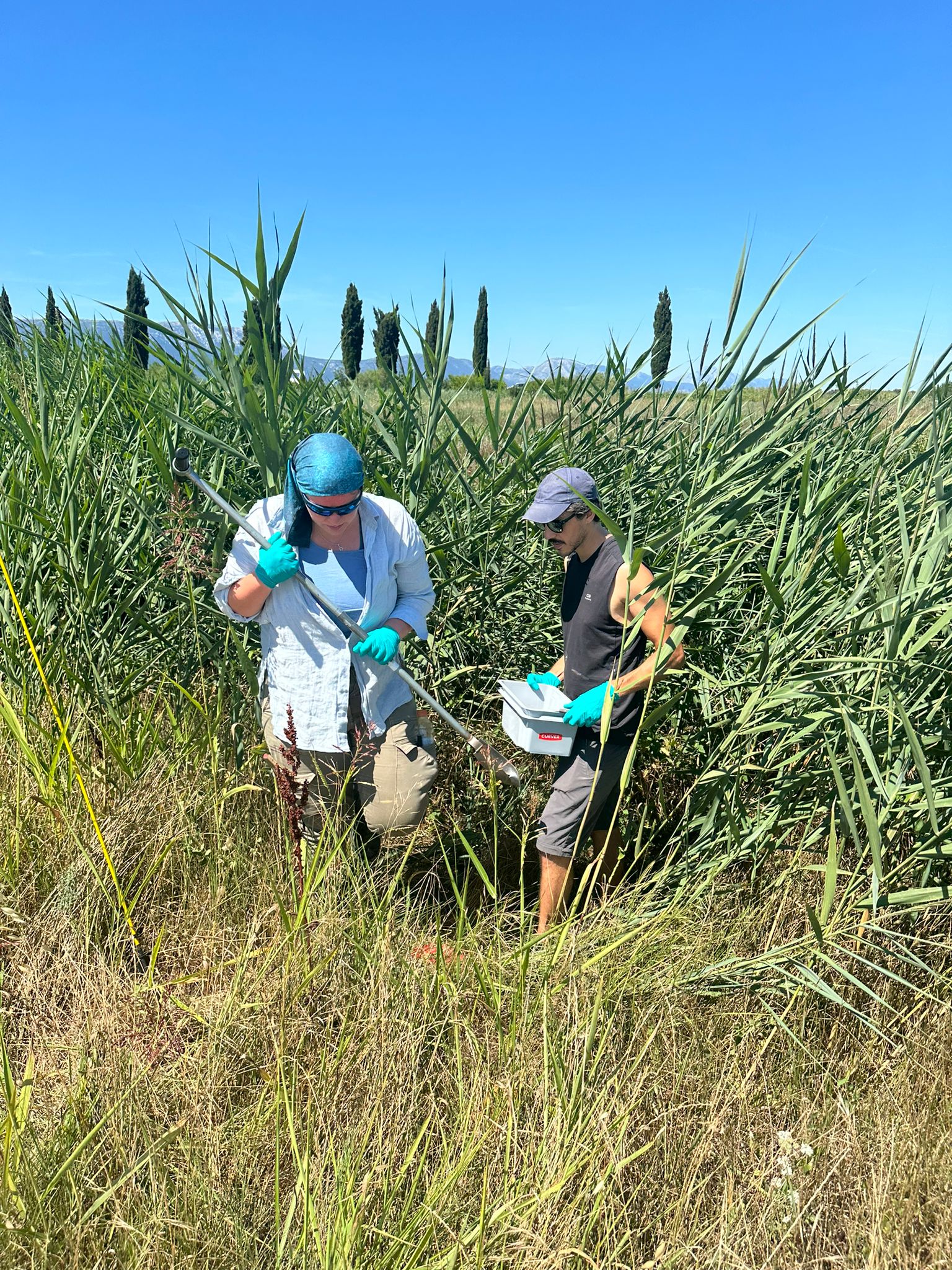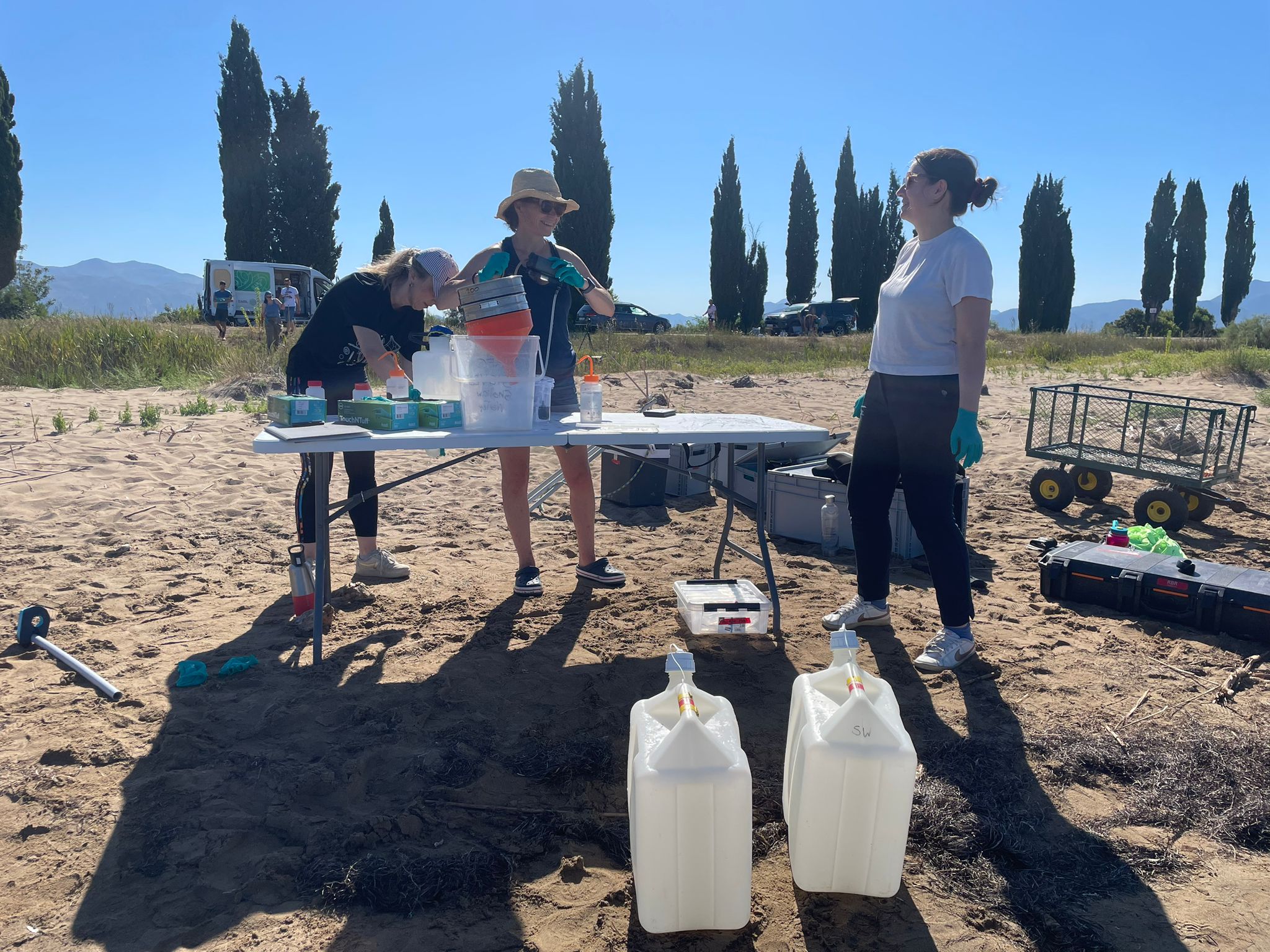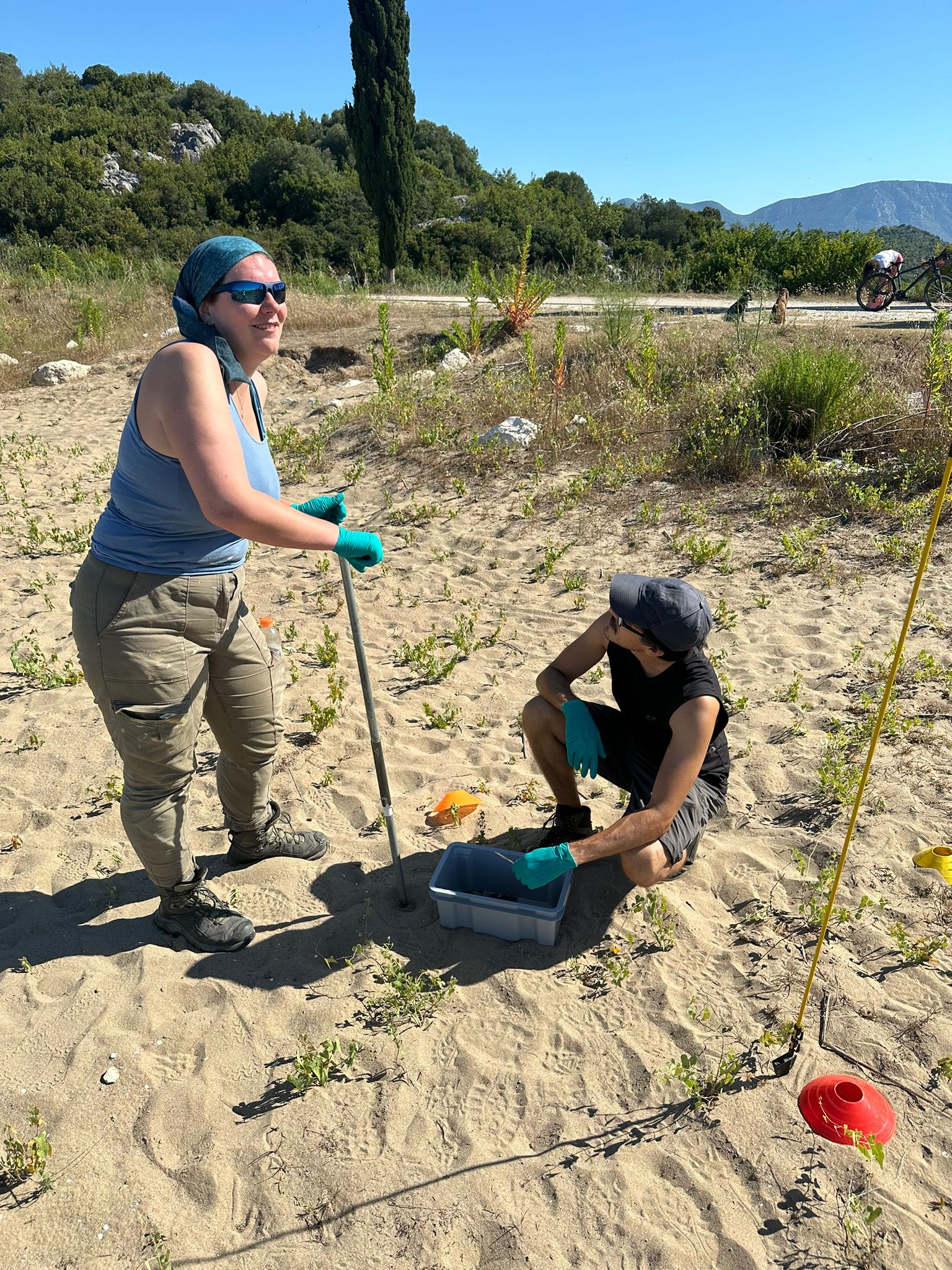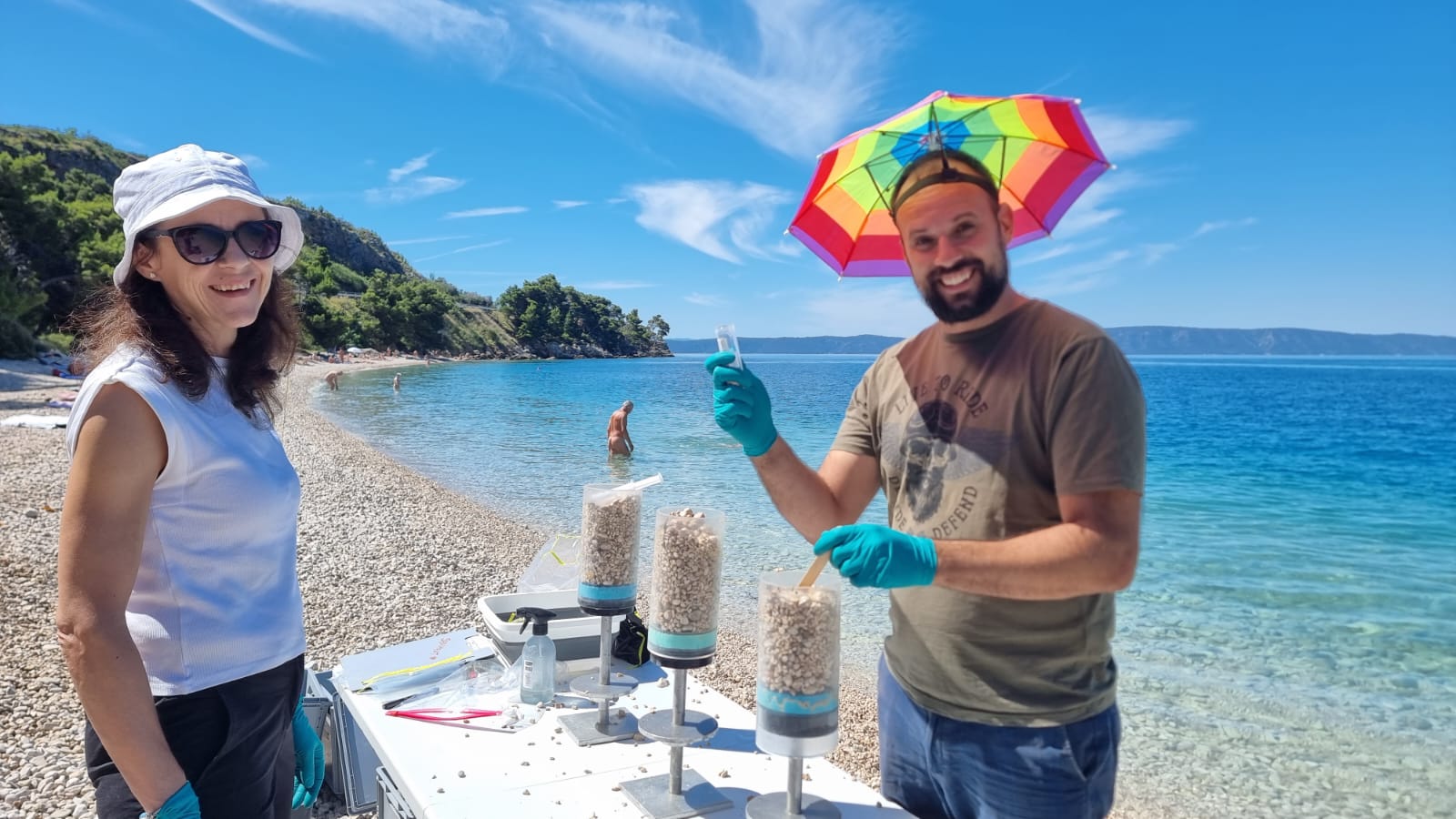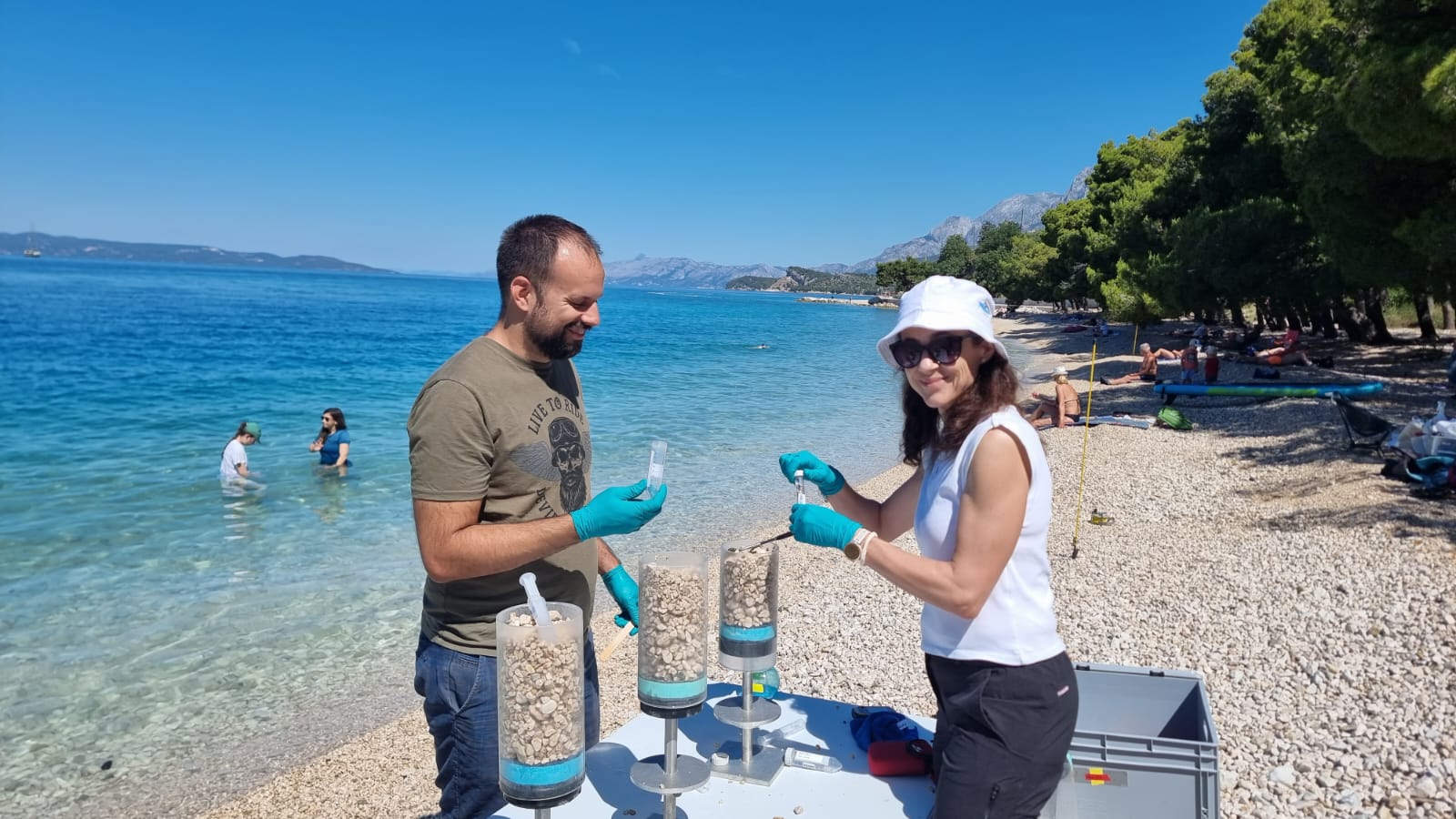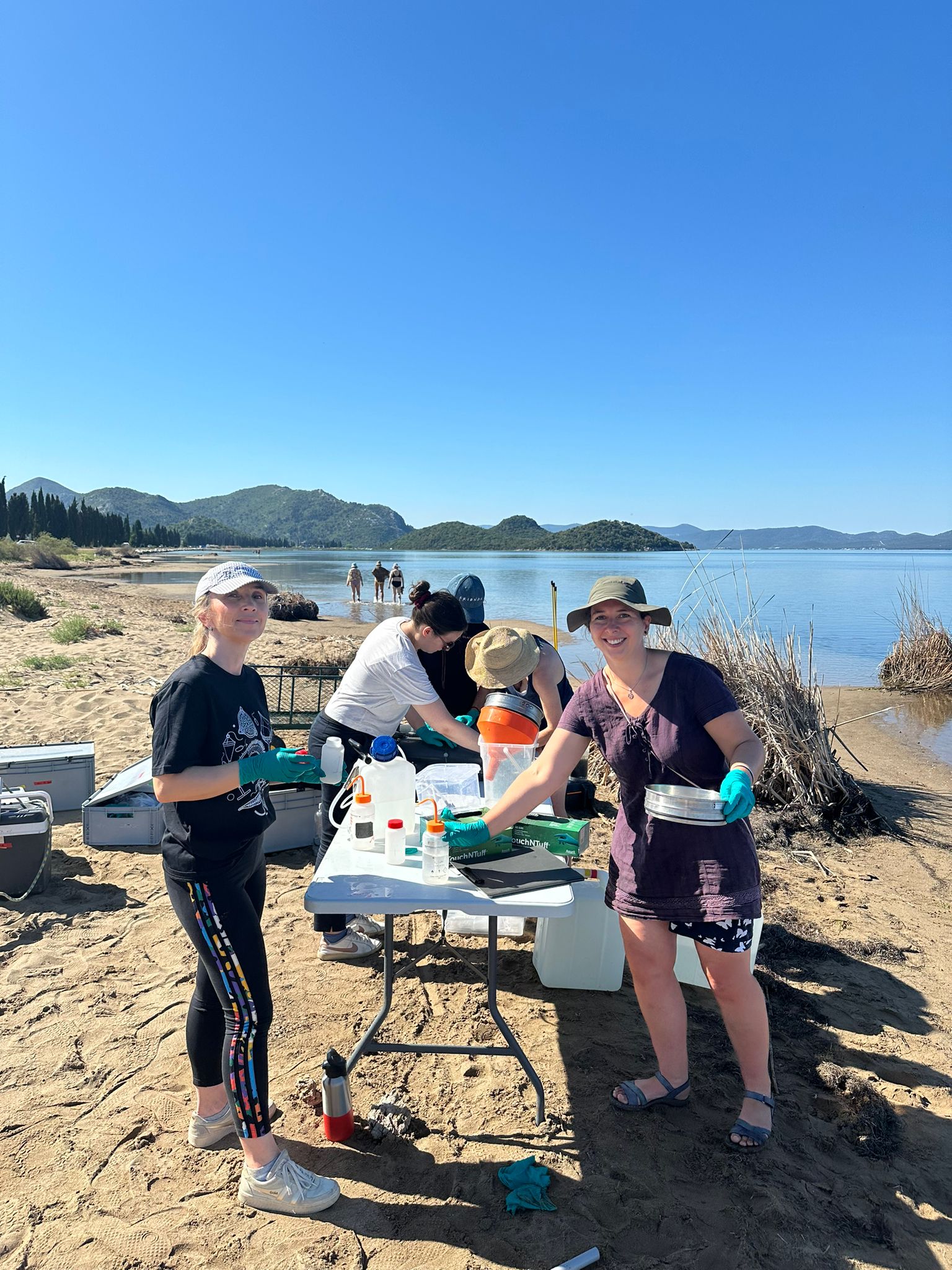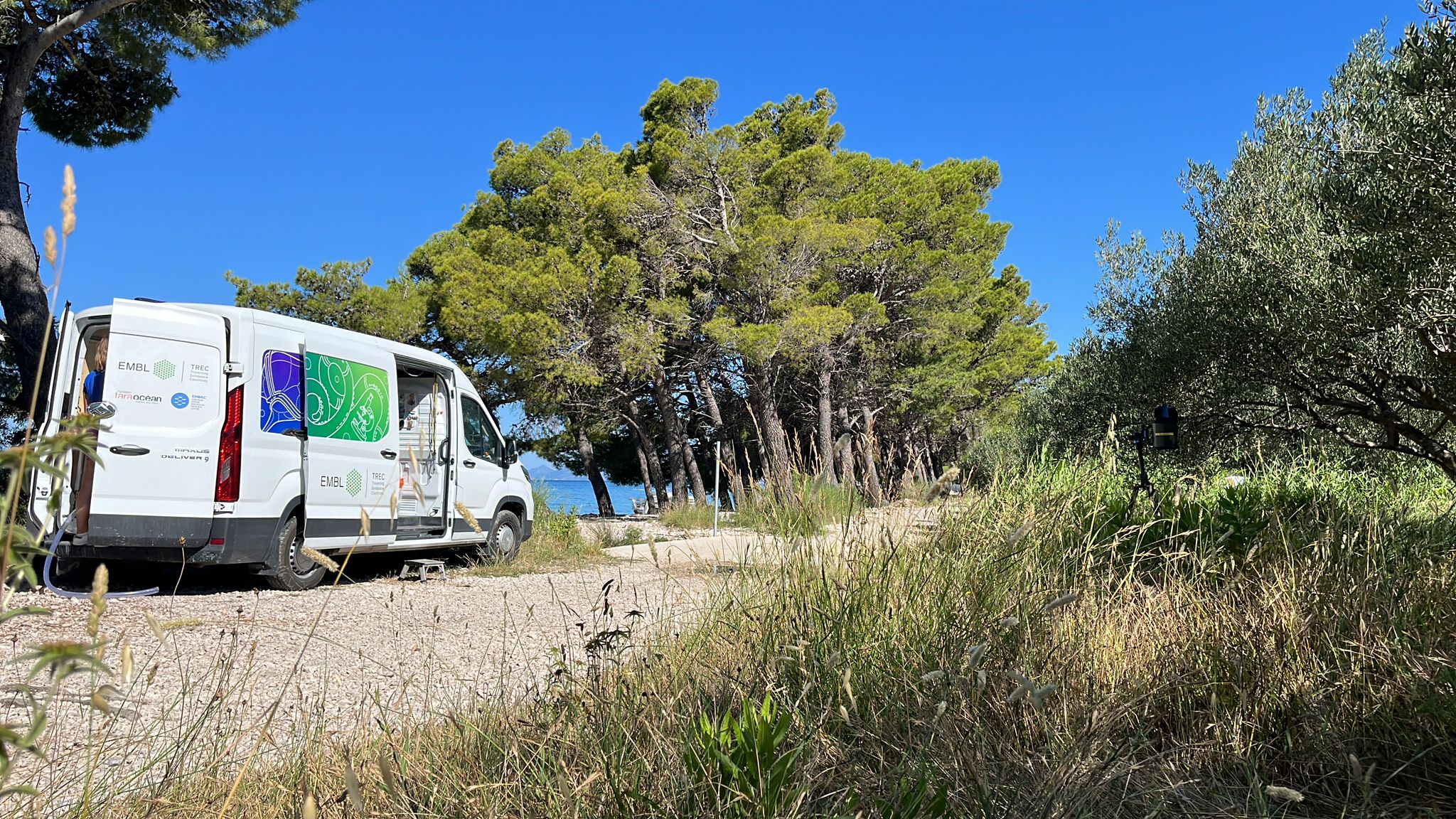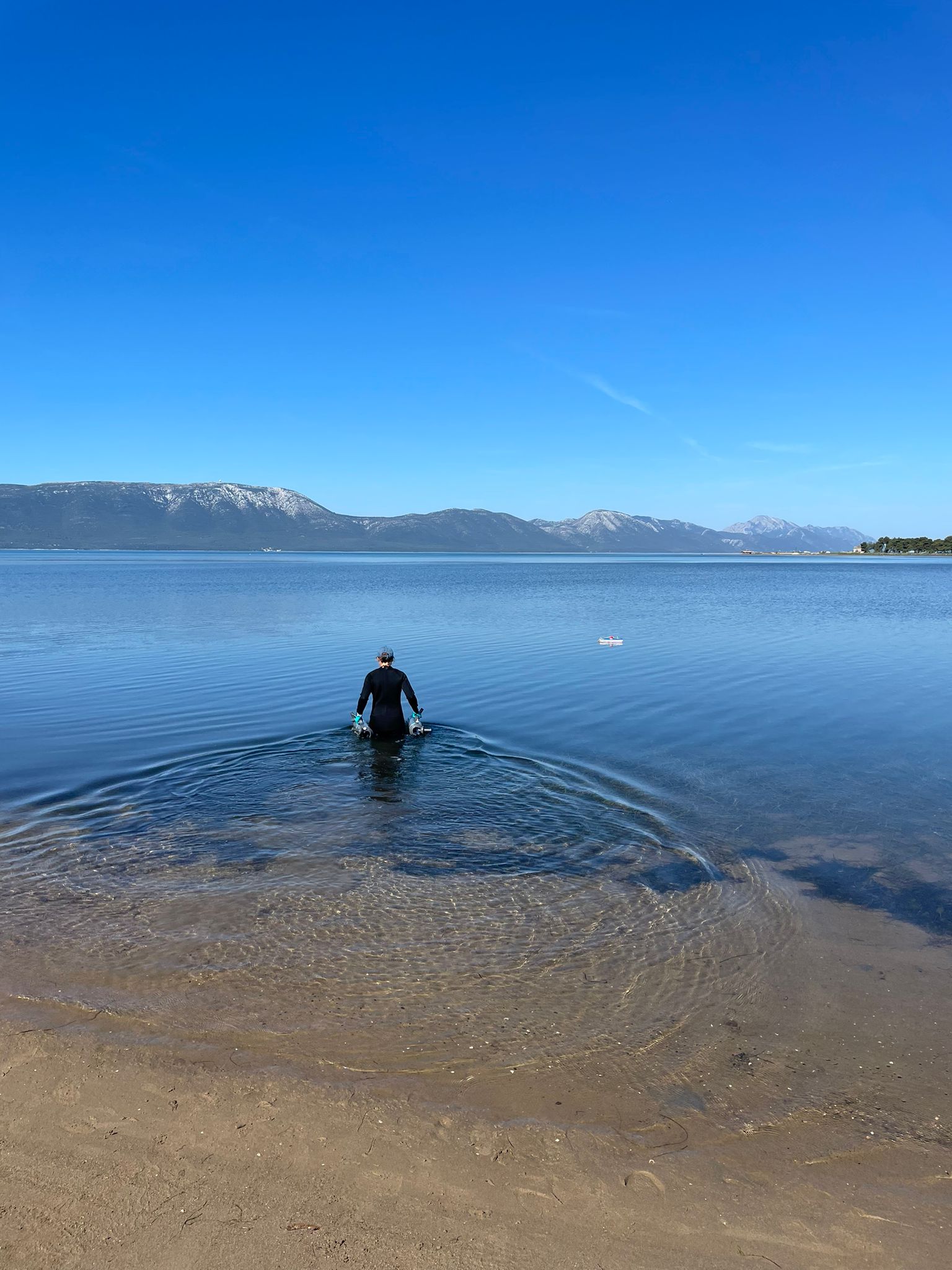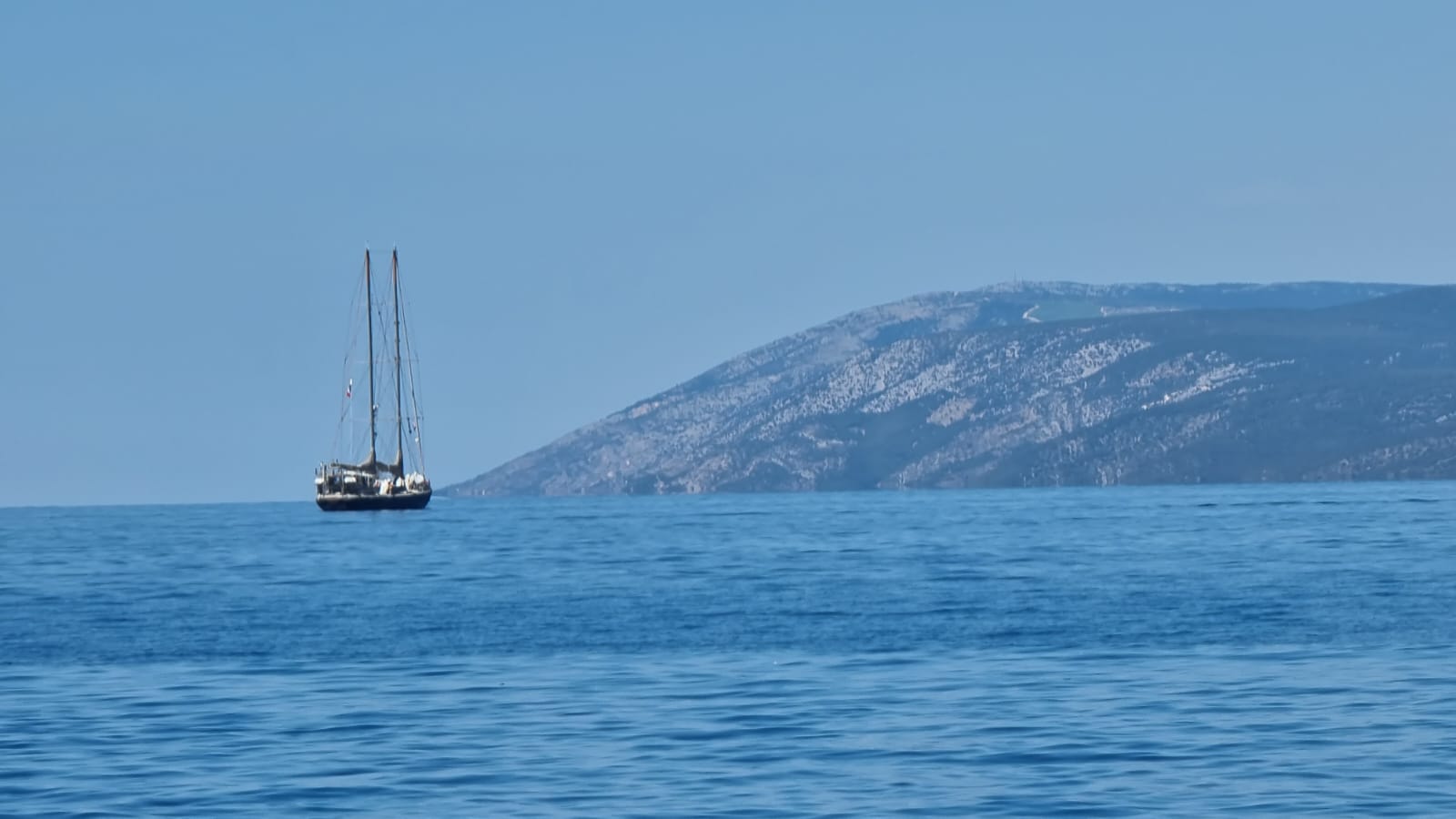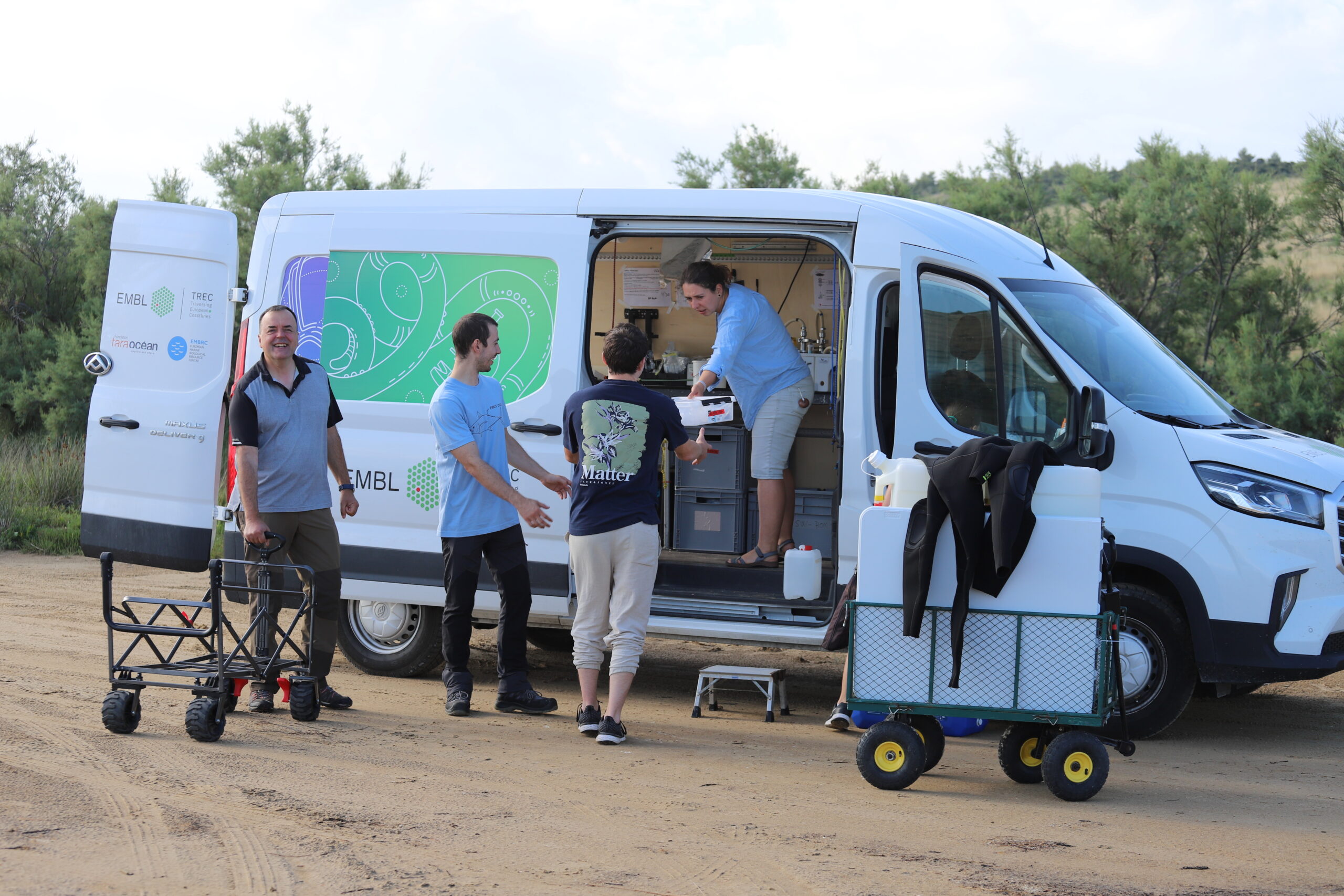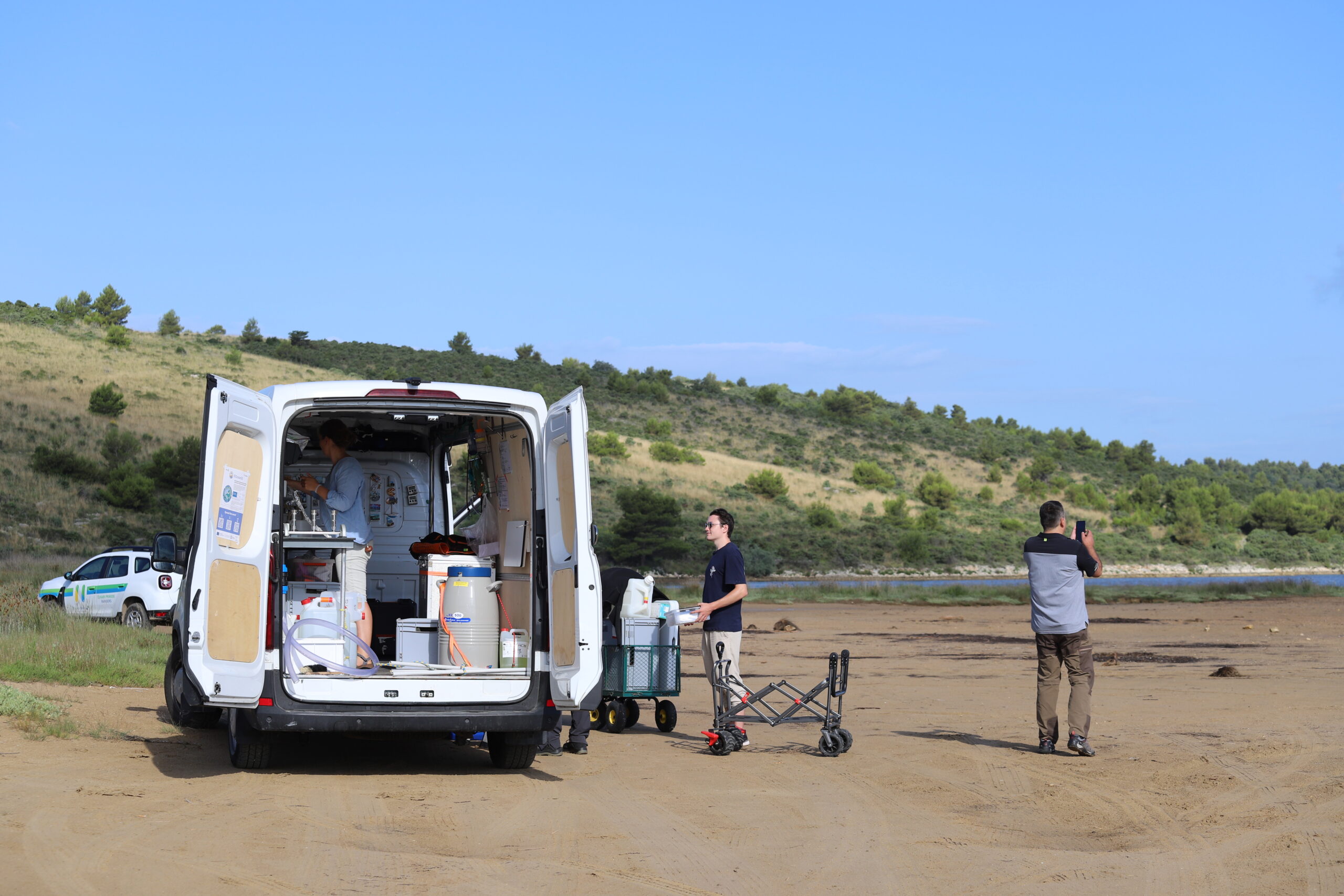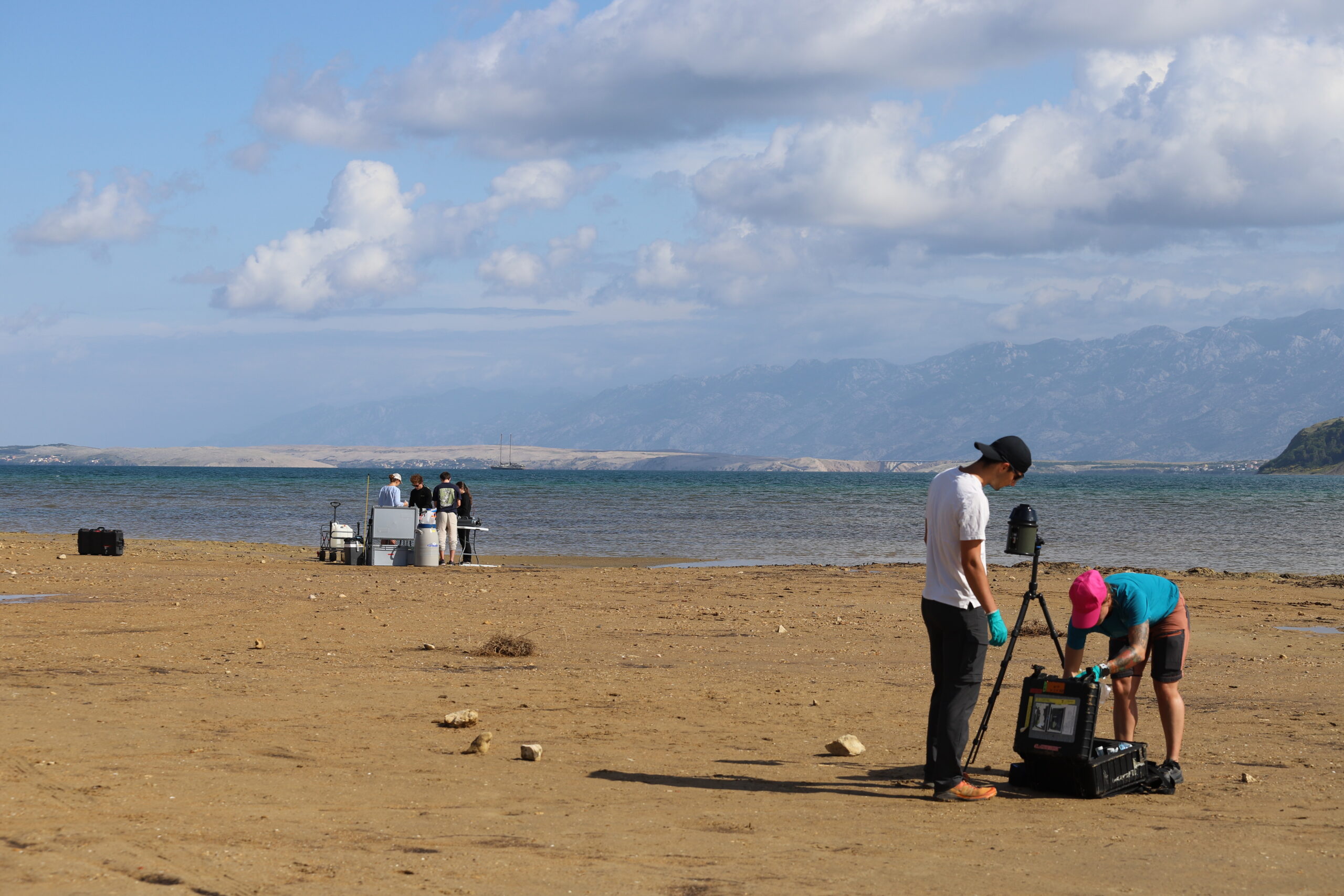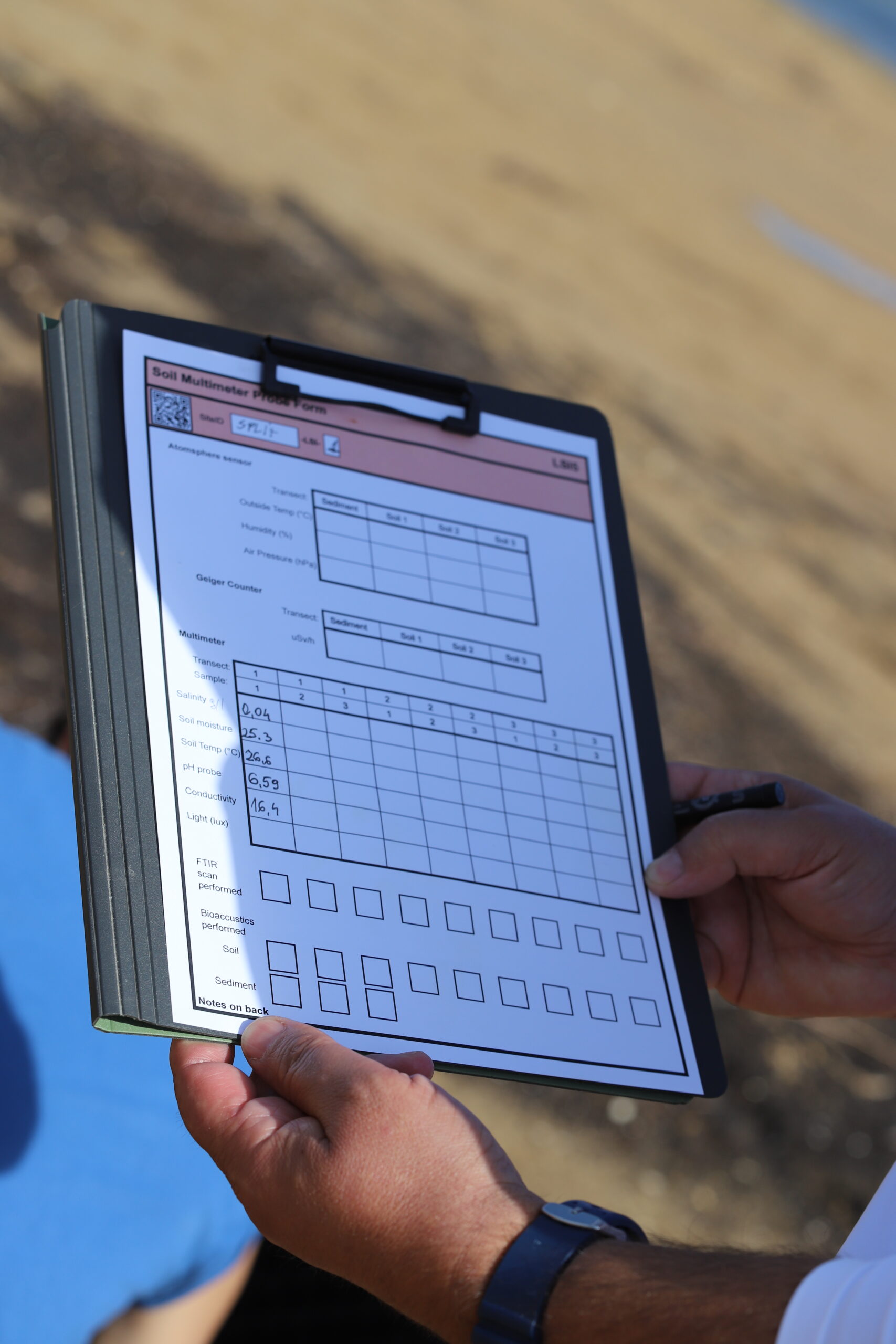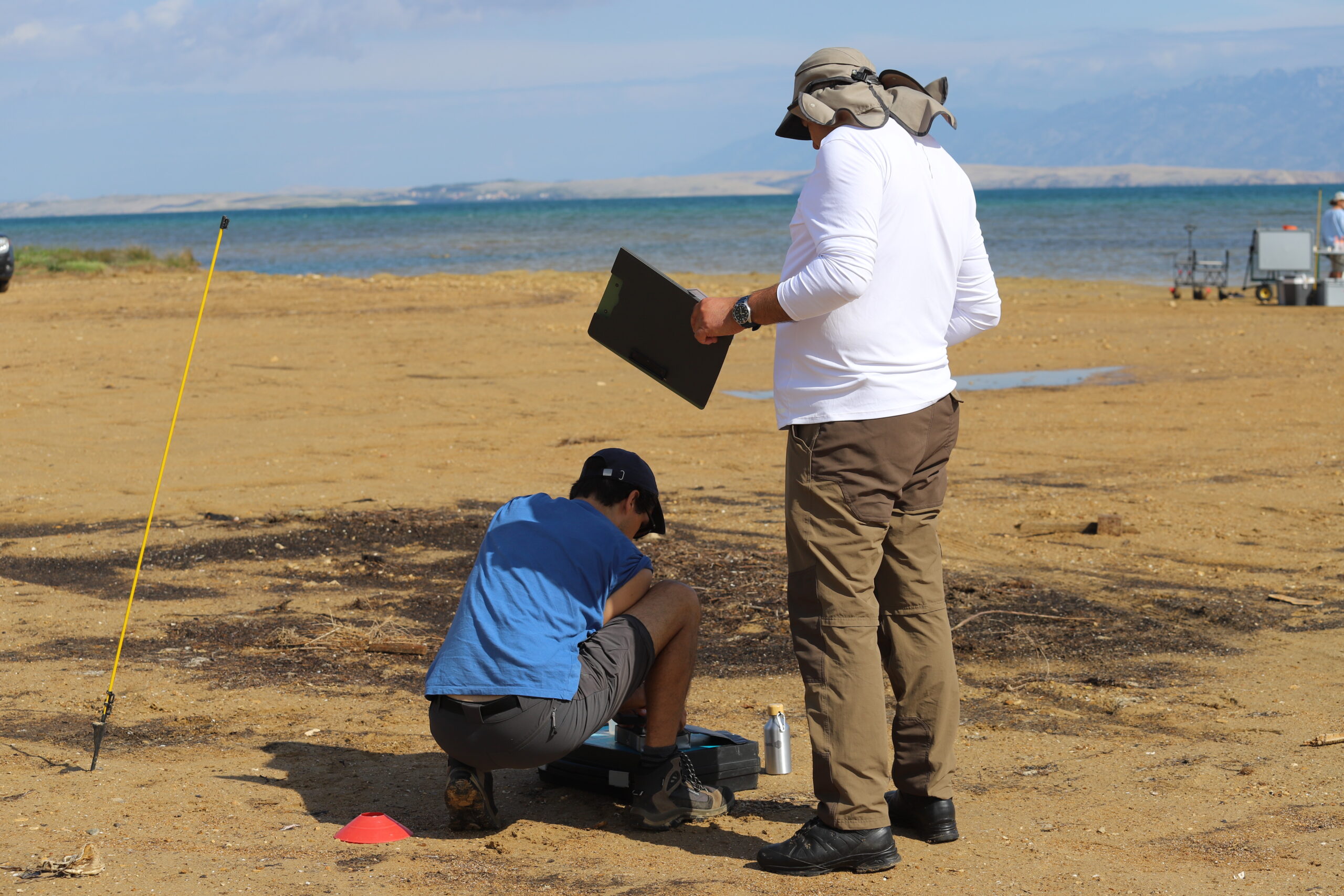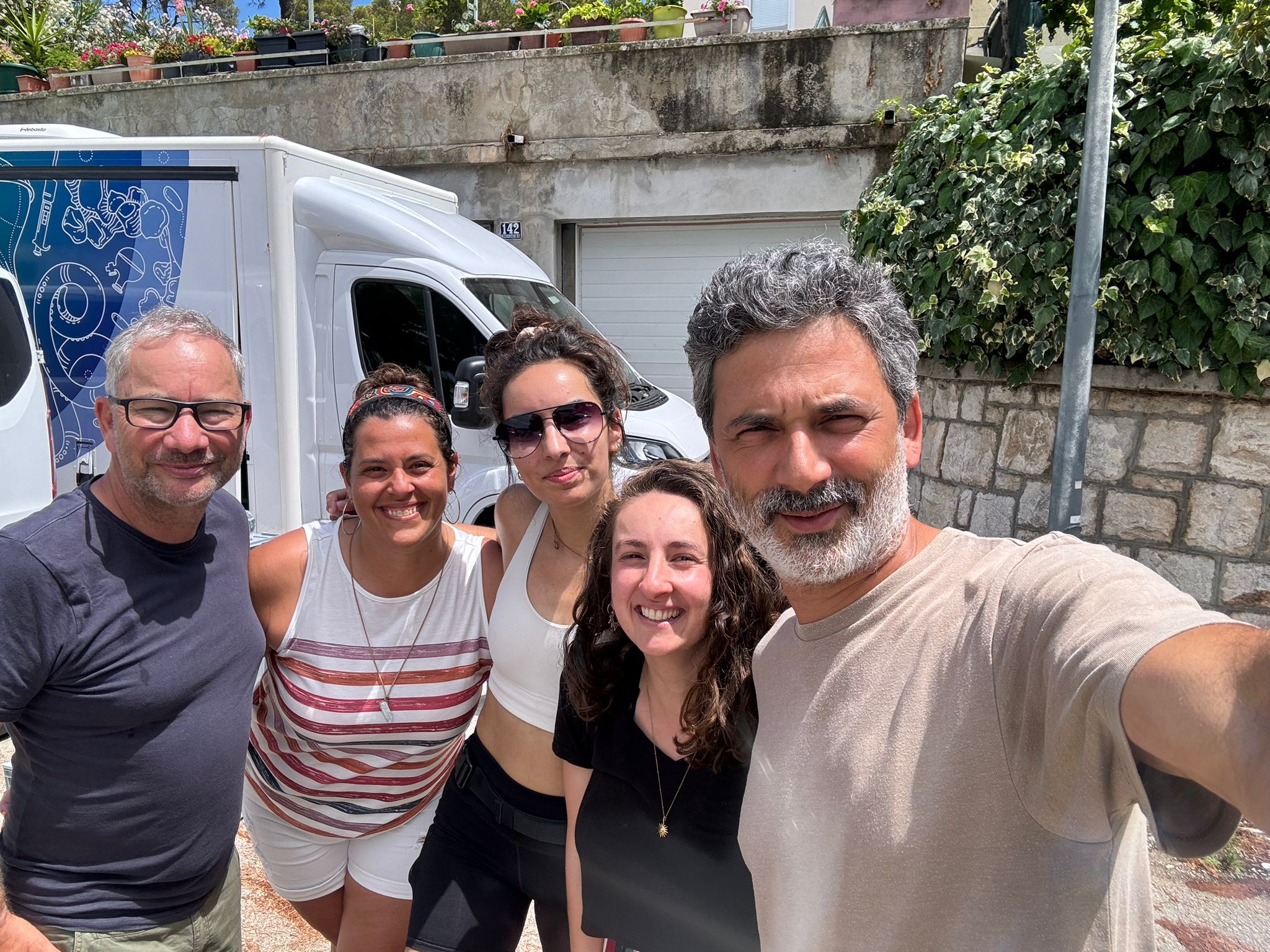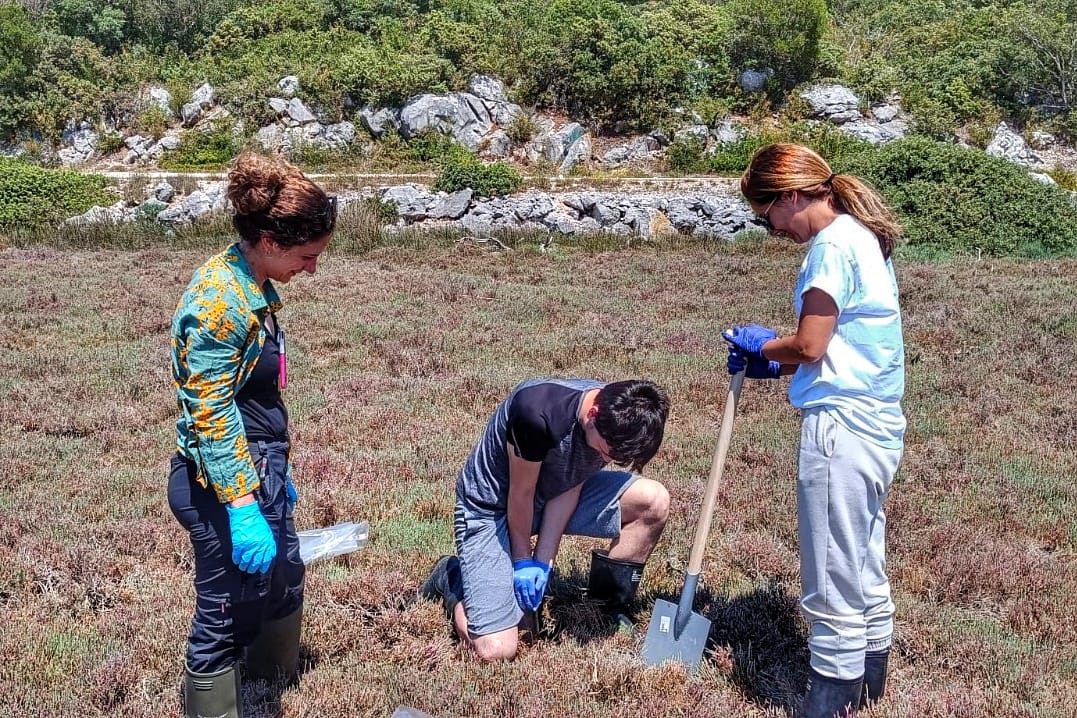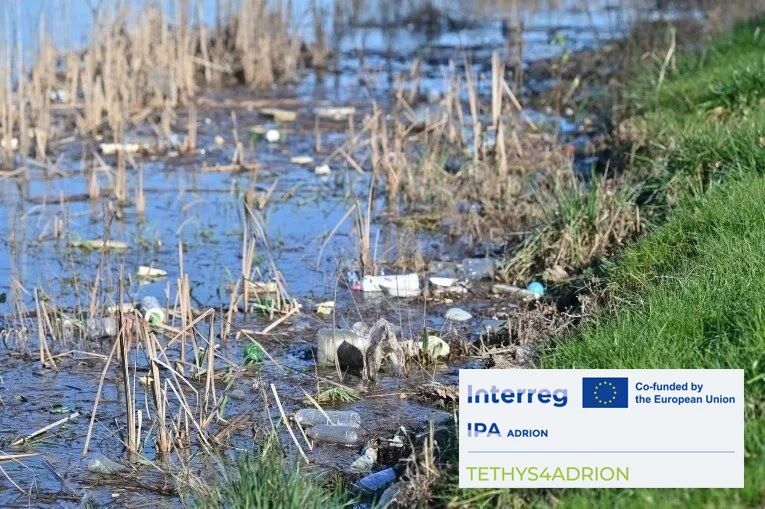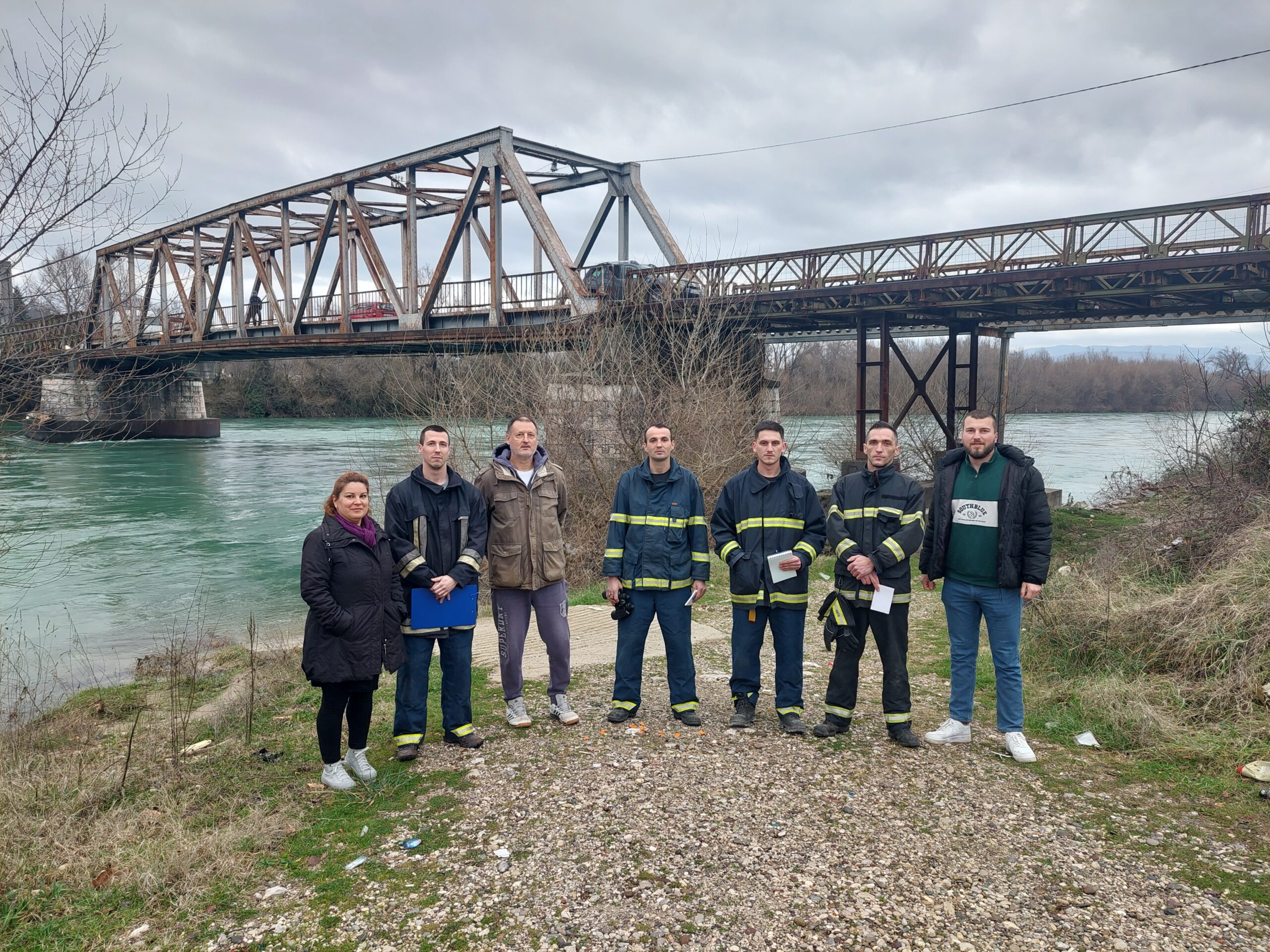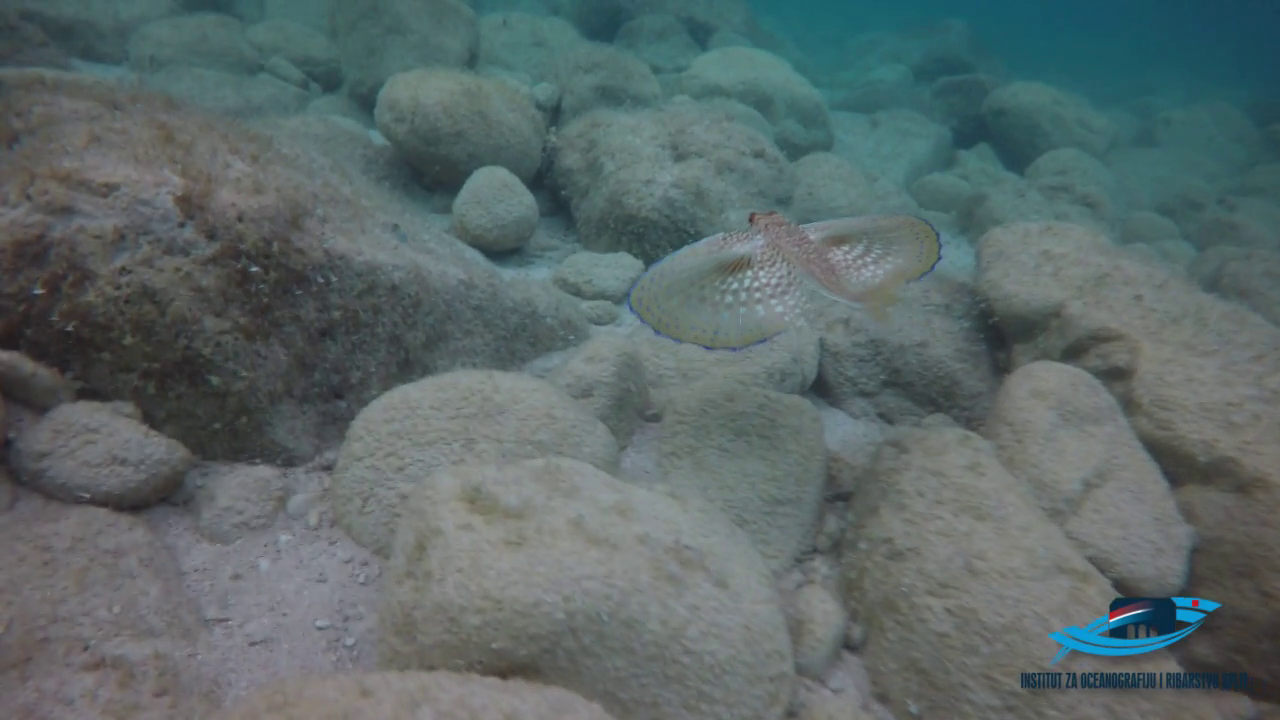The international scientific expedition ‘Traversing European Coastlines’ (TREC), started in March 2023, has completed its Croatian part of the journey. The first part of the expedition focused on the European coastline along the Atlantic, Baltic and North Seas, while the 2024 expedition has moved to the Mediterranean Sea. The TREC project focuses on understanding coastal biodiversity and its response to natural and man-made environmental factors, from the molecules to the entire ecosystem. In addition to European scientists, scientists from the Institute of Oceanography and Fisheries also took part in the Croatian part of the expedition.
Coastal areas are directly affected by human activities. Various types of pollution have incalculable consequences for the health of the coastal ecosystem. Despite decades of scientific research, there are still many unanswered but important questions, especially on the effects of human activities on biodiversity at the micro level, but also on the molecular mechanisms involved in the feedback between organismand environment.
So far, the scientists, who are traveling along the European coast, have collected about 32 thousand samples, which were collected in three rooms with refrigerators. After Croatia, the expedition will continue in Montenegro, Albania and Greece. Only then will the processing of all samples and data begin, and the first results are expected in two years. The scientists have arrived in Split with their vehicles and equipment and have parked their mobile laboratory on 4 wheels for two weeks on the Marjan near the institute building.
During the researchers’ stay in Split from 10 to 14 June, a rich program was organized for the citizens. Students of the 3rd high school and the School of Natural Sciences had the opportunity to participate in the interesting and educational game Nexus Island, which simulates the work of scientists in the field. At the Riva there was a game for the youngest and the opportunity to conduct research through a microscope. An informal meeting of citizens and scientists took place in the relaxed atmosphere of the Štacija pub. Over coffee and a discussion about biodiversity, new species and changes in marine ecosystems, the audience chose the topics they wanted to talk about. At our institute, scientists working in the field introduced our students to the aims of the expedition and demonstrated their work in the field.
TREC is the first project of its kind to study coastal ecosystems across the European continent. The expedition will ultimately provide a broader and deeper understanding of how coastal ecosystems respond to the various natural and human challenges they face. The samples collected during the TREC expedition will be used for basic and non-commercial research purposes and the results will be made available to add to the current knowledge of coastal biodiversity. This will facilitate the search for indicators of the state of the coastal ecosystem and the development of pollution mitigation strategies.
The TREC expedition is led by the European Molecular Biology Laboratory (EMBL) together with the Tara Ocean Foundation, the Tara OceanS Consortium and the European Marine Biological Research Center (EMBRC). It brings together more than 150 research teams from more than 70 institutions from 21 countries. The project collects samples of sea water and sediment as well as soil and air samples. In Croatia, it was carried out from June 11 to 17 in the area of Ražanac, Split, Podgora and the mouth of the Neretva River. For all sites, the Institute’s staff obtained the necessary permits from the relevant ministries and the owners of private land, which was included in the 40-meter sampling transect.
In addition to the mobile laboratories, European scientists also arrived in Croatia on the research vessel “Tara”, which brought the entire laboratory to the sampling site instead of transporting the samples to distant laboratories, as was previously the case. Our young colleague Ante Stanić Čović from the Laboratory of Chemical Oceanography and Marine Sedimentology boarded the French research sailing vessel Tara and worked with his European colleagues around our coast for two weeks.
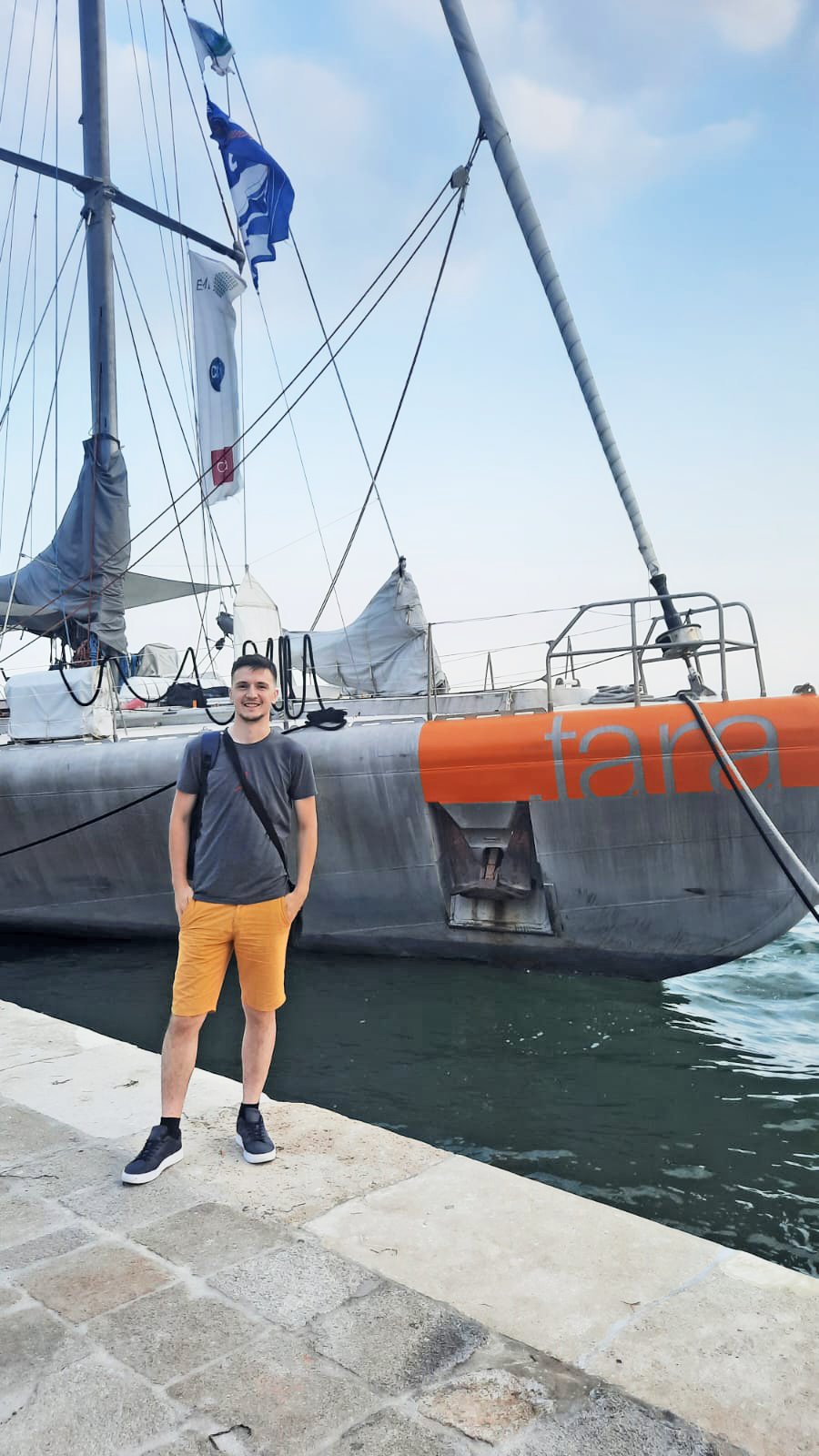
We will be happy when we get the results and when we can interpret them together with other scientists to see which parameters are out of the range. Then we can draw some conclusions about what needs to be done for the environment to improve the situation, to reduce the impact and compare it with places where there is no such impact, and we will draw useful conclusions.
